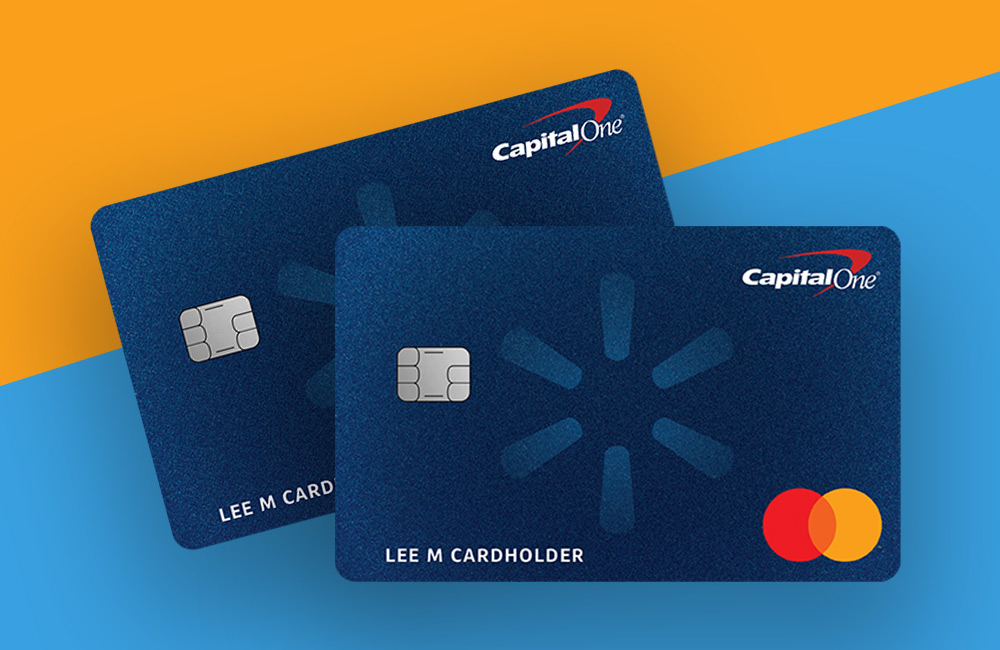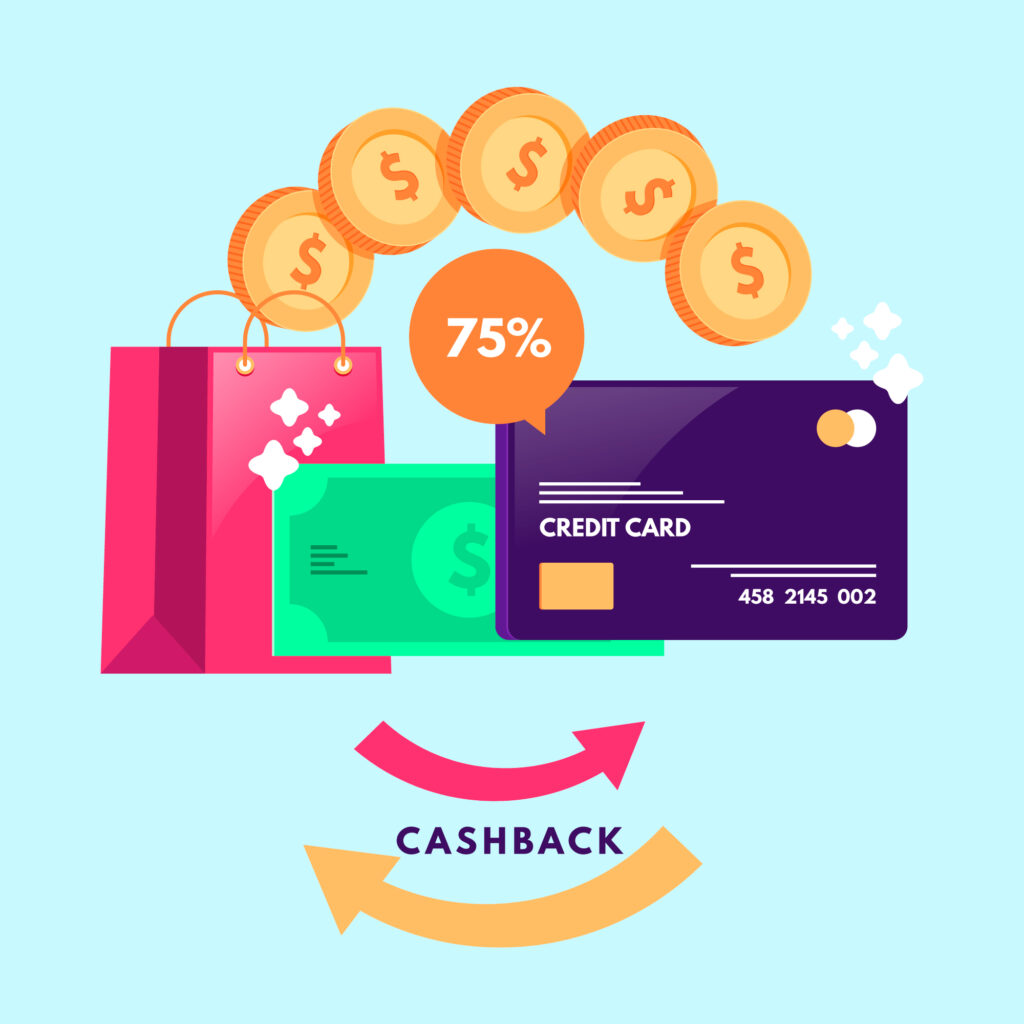
In today’s digital age, consumers have a lot of choices when it comes to payment methods. Among these, cashback credit cards are the most commonly used. It’s almost impossible to not hear about a cashback credit card nowadays, with countless commercials and ads on TV, the radio, and even social media. So, what exactly is a cashback credit card? Simply put, it’s a card that returns a portion of the money you spend on it back to you in the form of a cash reward (or a credit). Think of it as a small “thank you” bonus from your credit card company every time you shop. With every purchase, you earn a percentage of your spending back in cash. It’s straightforward, easy to understand, and can be quite rewarding if used responsibly.
Understanding Cashback Credit Cards
At its core, a cashback credit card functions just like any other credit card. You make purchases, and at the end of the billing cycle, you pay back the amount you owe. However, the distinguishing feature of cashback cards is the incentive they offer: a certain percentage of the money you spend gets returned to you as “cashback.”
Percentage Rates: The cashback rate can vary, typically ranging from 1% to 5% of your purchases. Some cards offer a flat rate on all purchases, while others might have rotating categories where higher cashback rates apply. For instance, one quarter you might earn more on gas station purchases, and the next, it might be grocery stores. (This type of cashback is with the Discover It Card)
Redemption: The method of cashback redemption can differ between cards. Common methods include statement credits, checks, or even direct deposits to a bank account. Some cards might also allow you to redeem your cashback for gift cards, travel, or merchandise.
Bonus Offers: It’s not uncommon for cashback cards to come with sign-up bonuses. This means if you spend a certain amount within the first few months of getting the card, you receive a sizable cashback bonus.
Limitations: While the idea of earning while spending sounds tempting, it’s essential to note that many cashback cards come with caps or limits on the maximum cashback you can earn. Furthermore, rotating categories often require activation, and if overlooked, you might miss out on potential earnings.
In essence, a cashback credit card offers a reward system for regular spending. However, like any financial product, it’s crucial to read the fine print, understand the card’s structure, and ensure it aligns with your spending habits.
Benefits of Cashback Credit Cards vs. Other Reward Systems
When it comes to credit card rewards, cashback cards are often pitted against their counterparts – primarily travel rewards cards and point-based systems. Each has its unique advantages, but let’s evaluate how cashback credit cards stack up.
- Tangibility & Flexibility:
- Cashback: The most apparent benefit of cashback cards is the tangible and immediate nature of the reward. Cash is universal and can be used in any way the cardholder sees fit, be it saving, investing, or offsetting a statement balance. This provides unparalleled flexibility.
- Other Systems: Travel rewards or points often tie you down to specific redemptions, like airline tickets, hotel stays, or specific merchandise. These can offer high value but lack the universal applicability of cash.
- Simplicity & Understanding:
- Cashback: Cashback systems are straightforward. A percentage of what you spend comes back to you. There’s no need to navigate complex point valuations or redemption charts.
- Other Systems: Point systems might require a more in-depth understanding to maximize value. What’s more, point values can change, making it hard for the average consumer to keep track.
- Adaptable to Changing Circumstances:
- Cashback: Given its universal nature, cashback is always relevant, irrespective of life’s changes. If travel is not on the cards for you this year, your cashback still holds value.
- Other Systems: Travel rewards, for instance, can become redundant if you’re not traveling. In such scenarios, you might find your accumulated rewards lacking practical use.
- No Expiry:
- Cashback: Many cashback systems come with rewards that don’t expire, ensuring you can use them at your leisure.
- Other Systems: Some point-based rewards have expiry dates, meaning if you don’t use them within a certain timeframe, they vanish.
However, it’s important to understand that no single reward system is “the best.” What’s more suitable for one person might not be for another. For someone frequently traveling, a travel rewards card might offer more value. Meanwhile, for those who prefer assured and flexible rewards, cashback credit cards might be the way to go.
Choosing the Right Cashback Card

Finding the perfect cashback credit card can be difficult given the large pool of cards to choose from, but it doesn’t have to be. Your spending habits, lifestyle, and preferences can guide you towards the card that’s best tailored for you. Here’s a straightforward guide to help you decide:
1. Individual Spending Patterns:
Everyone has their unique spending habits. Some may frequently spend money at restaurants, while others might spend more on gas or groceries. To maximize your cashback rewards, choose a card that offers higher returns on categories where you spend the most. For example, if you dine out often, a card offering 3% cashback on dining could be more beneficial than one that gives 1.5% on all purchases.
2. No Annual Fee vs. Annual Fee Cards:
Cards with annual fees can sometimes offer more lucrative rewards, premium features, or exclusive benefits. However, it’s crucial to weigh the benefits against the cost. If you’re someone who won’t use the card frequently, a no-annual-fee card might be more suitable. On the other hand, if the benefits and cashback you earn easily outweigh the fee, then it could be worth it.
3. Importance of Reading the Fine Print:
Details matter! Ensure you’re aware of any limitations on cashback, such as caps on the amount you can earn in specific categories. Some cards might also have expiration dates on rewards or high redemption thresholds. By being attentive to these details, you ensure that you’re truly getting the best value from your card.
Making an Informed Decision
Your cashback credit card should work for you, not the other way around. Taking the time to understand your spending habits and align them with a card’s offerings can lead to satisfying cashback returns. And, as you explore your options, remember: the best card for someone else might not be the best for you. But if your unsure of where to start, check out our recommended cards to see if one of these fits your needs!
Navigating Potential Pitfalls and Concluding Thoughts on Cashback Credit Cards
While cashback credit cards offer benefits, like many financial tools, they come with their set of challenges that consumers should be aware of:
Spending Just to Earn: It’s enticing to think that the more you spend, the more you’ll earn back. But this mindset can lead to unnecessary purchases and, eventually, mounting debts. Remember, the allure of cashback shouldn’t prompt you to buy things you don’t genuinely need. Often, the interest you might pay on carried-over balances can quickly negate any rewards earned.
Redemption Hurdles: Sometimes, redeeming your cashback isn’t as straightforward as it seems. Some cards may have minimum thresholds or specific redemption processes. Always familiarize yourself with these details prior to applying for a credit card to ensure you’re able to enjoy your rewards when you want.
Impact on Credit Score: Like any credit card, if mismanaged, it can have negative implications for your credit score. Always make sure you’re paying off your balance in full and on time.
In conclusion, cashback credit cards are an excellent tool for spenders looking to get a little extra from their everyday expenses. When used responsibly, they can provide a steady stream of rewards that can amount to significant savings over time. However, it’s important to be aware of potential pitfalls and manage spending wisely. Always align your card choice with your spending habits and financial goals.




